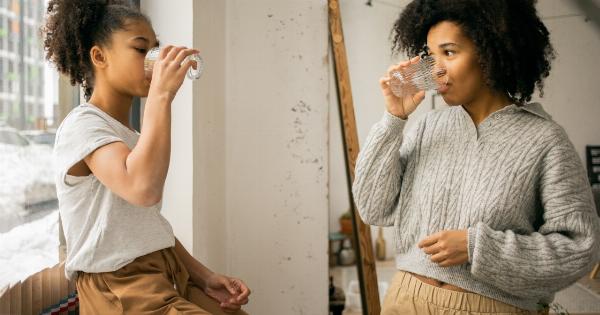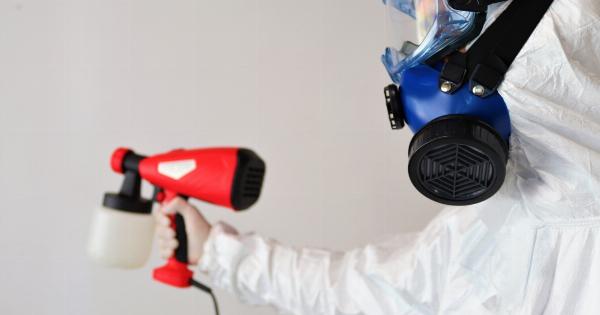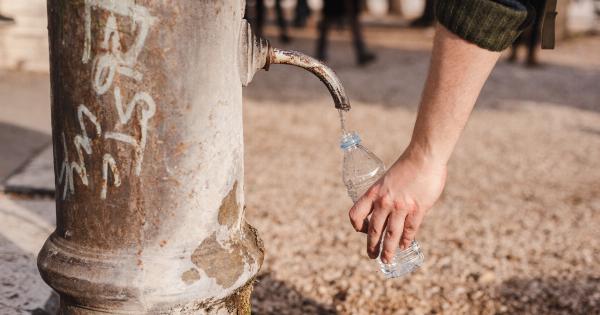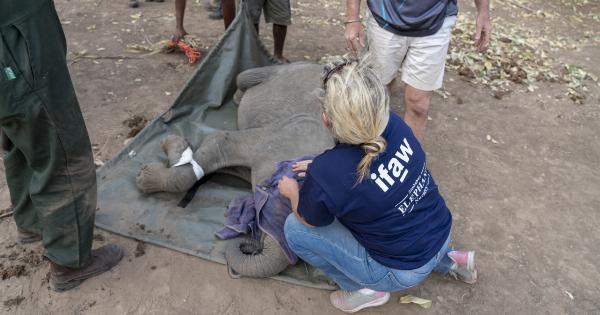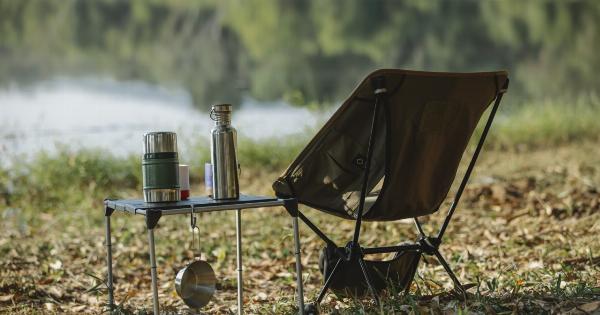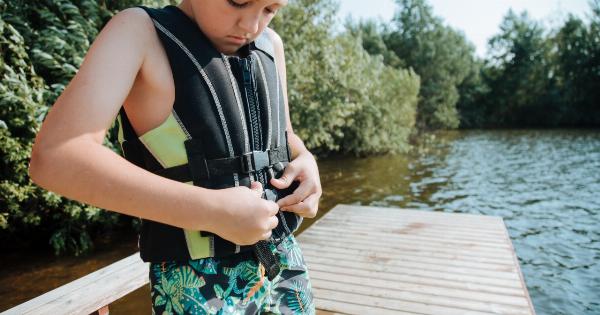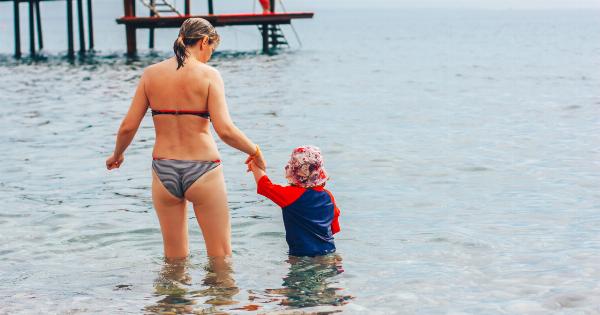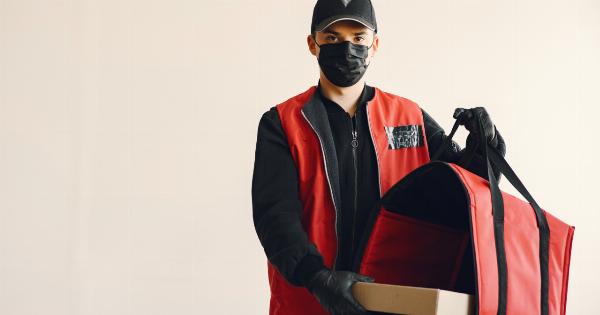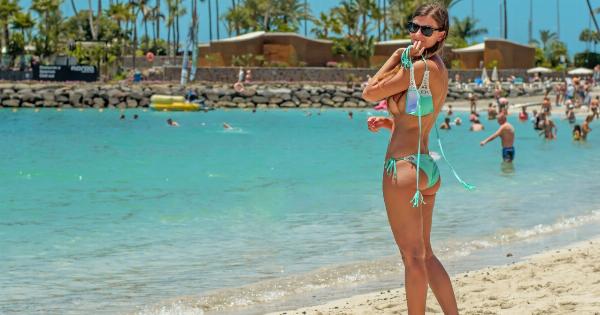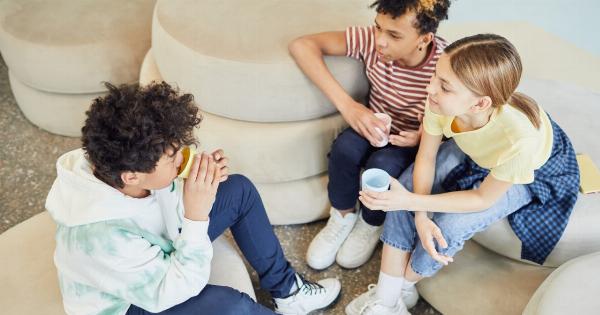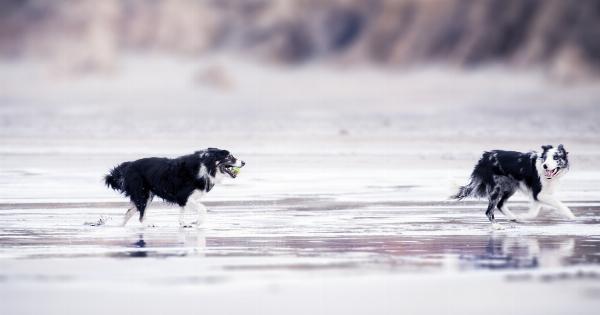As a parent, keeping your child properly hydrated is essential for their overall health and well-being. Water is the best beverage to quench their thirst and keeps them hydrated throughout the day. However, not all water sources are created equal.
In order to truly hydrate your child with the purest water, it’s important to understand the benefits and make informed choices.
Why is water important for children?
Water is crucial for maintaining a healthy body and mind, and children have specific hydration needs. Their bodies are made up of 70% water, which is even more than adults. Water helps with the following:.
- Regulating body temperature
- Transporting nutrients and oxygen to cells
- Lubricating joints and tissues
- Eliminating waste and toxins
- Promoting healthy digestion
Tap water vs. Bottled water
The debate between tap water and bottled water often arises when it comes to choosing the purest water for your child. Here’s a comparison between the two:.
Tap water
Tap water is the water that comes directly from your faucet at home. It is regulated by the Environmental Protection Agency (EPA) and is subject to strict quality standards. Some benefits of tap water include:.
- Cost-effectiveness
- Convenience
- Fluoride content, which promotes dental health
- Less plastic waste
However, tap water quality may vary depending on the area you live in, and it can contain certain impurities such as chlorine, lead, and bacteria if not properly treated.
Bottled water
Bottled water is packaged water available in various forms, such as spring water, purified water, or mineral water. Some advantages of bottled water include:.
- Consistent quality
- Convenience for on-the-go hydration
- Choice of different mineral compositions
- Added filtration processes
However, bottled water can be expensive in the long run, and there are concerns about the environmental impact of plastic bottle waste.
Moreover, in some cases, bottled water may not be as strictly regulated as tap water, leading to potential safety issues.
How to ensure the purest water for your child
Regardless of whether you choose tap water or bottled water, there are steps you can take to ensure your child is drinking the purest water possible:.
1. Choose a reliable water source
If you opt for tap water, ensure that your local water supplier meets the EPA’s standards for quality and safety. In the case of bottled water, research the brand and verify if they adhere to strict quality regulations.
2. Consider using a water filter
A water filter can help remove impurities from tap water, such as chlorine, lead, and other contaminants. Look for filters certified by organizations like the National Sanitation Foundation (NSF) to ensure their effectiveness.
3. Encourage regular water intake
Make drinking water a part of your child’s daily routine. Encourage them to drink water at regular intervals, especially during physical activities or hot weather. Keep a reusable water bottle handy for easy access.
4. Teach good hygiene practices
Instill healthy habits in your child, such as washing their hands before drinking water or refilling their water bottle only from clean sources. Proper hygiene helps maintain water purity and prevents contamination.
5. Limit sugary drinks
Avoid excessive consumption of sugary beverages like sodas, fruit juices, and sports drinks. These not only add unnecessary calories but can also contribute to dehydration. Water should always be the primary source of hydration.
6. Introduce them to infused water
If your child finds plain water boring, infuse it with natural flavors like lemon, cucumber, or berries. Infused water offers a refreshing taste without the added sugars and artificial ingredients found in flavored drinks.
Safety precautions
While ensuring your child is properly hydrated, it’s important to keep the following safety precautions in mind:.
1. Monitor water sources in unfamiliar environments
When traveling or in new surroundings, be cautious about the water sources available. In some countries, tap water may not be safe to drink, leading to potential health risks.
Stick to bottled water from trusted brands or boil tap water before consumption if necessary.
2. Prevent waterborne illnesses
Children are more susceptible to waterborne illnesses, such as diarrhea or stomach infections. To minimize the risk, ensure they drink clean and purified water, especially when playing in natural water bodies like lakes or pools.
Conclusion
Hydrating your child with the purest water is essential for their overall health and well-being. Both tap water and bottled water have their pros and cons, and it ultimately depends on the source and quality of the water.
By choosing a reliable water source, using filtration methods, and promoting regular water intake, you can provide your child with the best hydration possible.

